How will Brexit affect UK property prices?
Despite rises in earnings and employment, uncertainty continues to weigh on the market
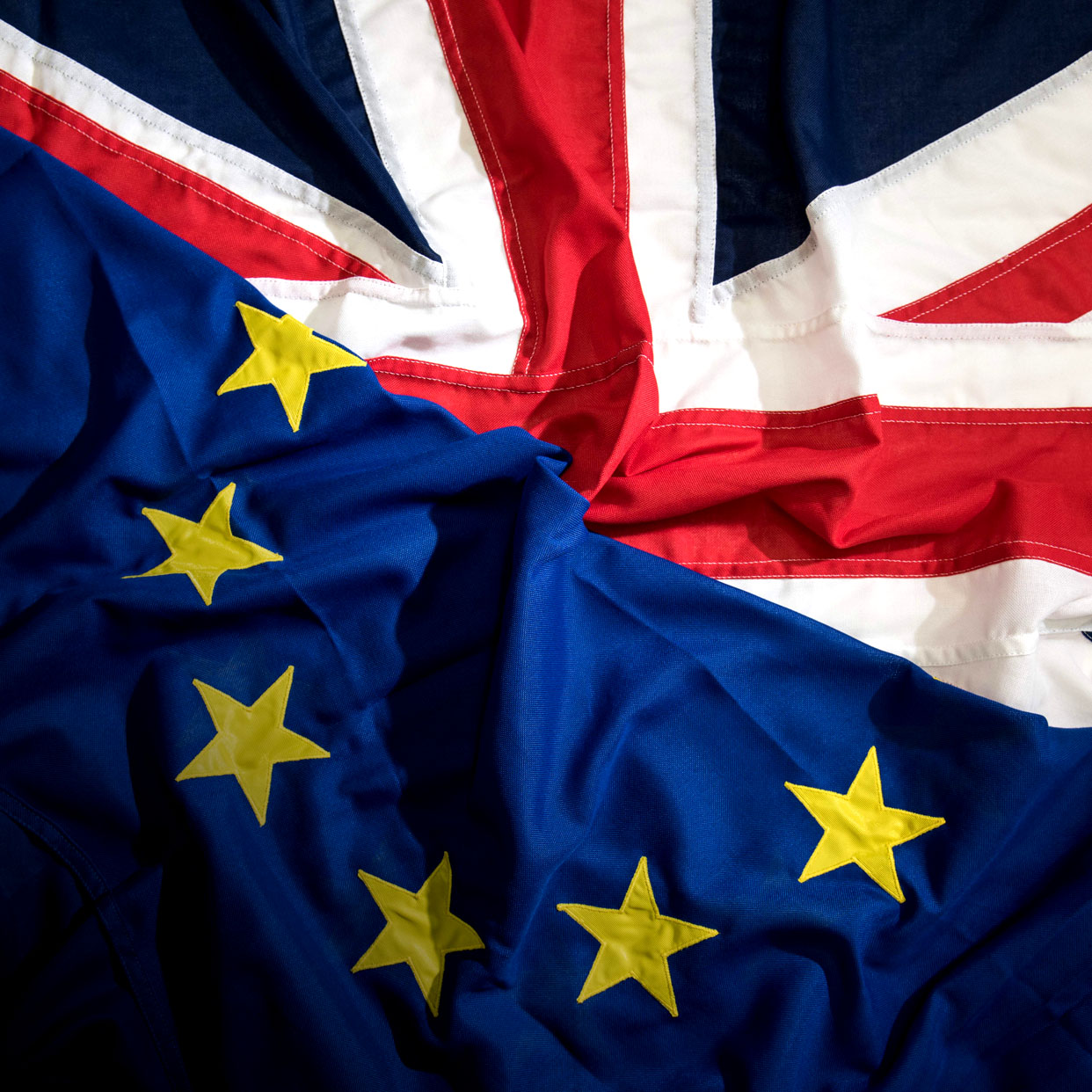
A free daily email with the biggest news stories of the day – and the best features from TheWeek.com
You are now subscribed
Your newsletter sign-up was successful
UK house price growth remains subdued as uncertainty about the direction and shape of Brexit continues to weigh on the market.
The latest figures from Nationwide show UK house prices rose by 0.4% on the year, the 11th month in a row that annual price growth remained below 1%.
City A.M. says the latest modest rises “underline concerns over a slowdown in activity in the UK’s housing market, particularly in London and the South, despite a recent improvement in earnings and employment”.
The Week
Escape your echo chamber. Get the facts behind the news, plus analysis from multiple perspectives.

Sign up for The Week's Free Newsletters
From our morning news briefing to a weekly Good News Newsletter, get the best of The Week delivered directly to your inbox.
From our morning news briefing to a weekly Good News Newsletter, get the best of The Week delivered directly to your inbox.
“It’s hard to see the market emerging from this sub-one per cent annual growth rut until there is clarity on Brexit,” said David Westgate, chief executive of Andrews Property group, adding “the sheer level of political uncertainty has left the property market in a protracted limbo”.
Which? magazine says: “Whether you’re a staunch remainer or avid Brexiteer, there’s no denying that the uncertainty around when the UK will leave the EU, and the terms under which it may happen, is causing property market jitters.”
What has the impact of Brexit been so far?
“The economic uncertainty caused by Brexit has undoubtedly affected the market, with house price growth slowing year-on-year and the number of sales taking a dramatic dip in recent months,” says Which?.
A free daily email with the biggest news stories of the day – and the best features from TheWeek.com
Nationwide’s chief economist Robert Gardner said this week that average prices rose by £800 over the last 12 months, a sharp slowing compared with the year to October 2016, just after the Brexit referendum, when prices jumped by £9,100.
Data released by Rightmove earlier this month found that the price of property coming to market has endured its weakest month-on-month rise at this time of year in over a decade.
Prospective home buyers have been undeterred by the approaching Brexit deadline, while sellers have been put off by ongoing uncertainty over UK house prices, according to the real estate platform.
London and the south east, which once drove house price growth, have stagnated, but some areas such as Wales and Northern Ireland have experienced year-on-year increases of more than 5%.
The Daily Express declared in a headline this week: “UK towns that voted Leave in Brexit referendum see house prices sky rocket”.
The latest research by online estate agent Housesimple saw the East Midlands top growth in house prices since June 2016, with prices in Rutland increasing by 26.27%.
In a “shocking comparison”, 15 of the bottom 20 performing English areas voted to remain, says the Express.
However, experts have warned that this is unlikely to be the reason from the growth, and Brexit uncertainty is just one factor on house prices.
“Just voting leave hasn’t made your house more valuable on its own. There are a range of reasons driving house prices in England,” says Sam Mitchell, chief executive at Housesimple, who cites punitive stamp duty as a major factor.
What would the impact of no deal be?
While the latest Brexit extension has pushed back the imminent threat of a no-deal Brexit, investors and market experts have expressed concern about the potential consequences given it remains the default position if an agreement cannot be ratified by Parliament by 31 January 2020.
Accountancy firm KPMG has predicted that house prices would probably fall by around 6% following a no-deal Brexit, “but that they could drop by as much as 20% in a worst-case scenario” says Which?.
In July, the Office for Budget Responsibility said that a no-deal Brexit could lead to house prices falling by almost 10% by mid-2021.
Looking back further, last September Bank of England governor Mark Carney predicted that a no-deal Brexit scenario could, in the worst case, precipitate a 35% drop in house prices.
“This is only hypothetical of course, and there is no way of knowing exactly what will happen,” says iNews.
Tarrant Parsons, an economist at the Royal Institute of Chartered Surveyors (Rics), told the site a no-deal Brexit would be likely to “cause an even greater degree of hesitancy” when it comes to buying and selling as people wait to see the economic impact of leaving the union.
This, he explained, would be “negative for activity across the housing market until confidence returned”.
What if we leave with a deal?
The withdrawal deal negotiated by Boris Johnson sets the UK on course for a harder form of Brexit than either that agreed by his predecessor, Theresa May, or that proposed by Labour, which would put the option of staying in a customs union versus remaining in the EU to a referendum were it to get into power in December.
Either way, “it’s unlikely that the UK’s exit from the EU will trigger a housing market crash”, claims Surrenden Invest’s managing director, Jonathan Stephens, who argues that the housing market is not as quick to react as the stock exchange and currency.
“Whether the UK leaves with a ‘soft’ Brexit, or a ‘hard’ Brexit, there will likely be a slowing down of the housing market,” he told the Daily Express. “However, I don’t anticipate any kind of immediate large-scale fall in prices – more a softening of the market as buyers hold their collective breath.”
Will it make getting a mortgage harder?
One area where a hard Brexit could have a more immediate impact is mortgages. Tarrant notes that while “interest rates would likely be cut in a no-deal scenario, banks may be less willing to lend” because the economic outlook would be perceived as risky.
So, it might be “harder to get a mortgage even if you do decide to buy”, says iNews.
David Blake, of Which? Mortgage Advisers, says: “The political situation may be in turmoil but it’s important that buyers and homeowners don’t panic or make any rash decisions.
“Mortgage rates are incredibly low right now and many will want to fix into a low rate to give themselves security as we move into a period of uncertainty. But don’t just jump into a fixed rate without considering the alternatives – there are plenty of flexible products that would leave your options to remortgage open if rates did start to change.”
Industry-wide figures show that the number of mortgages being approved remains around 40% below pre-financial crisis levels but Brian Murphy, head of lending for Mortgage Advice Bureau, said Brexit uncertainty is too easy an answer for the reduced percentage of mortgage approvals.
“The lower levels of homes currently available could be another obvious contributory factor, as this somewhat reduces buyer choice,” he told City A.M. “However, those who are moving home at the moment are likely to find that lender competition has seen rates remain low, providing a silver lining in otherwise cloudy times.”
“Rumours of a base rate cut before Christmas could also create further confusion for people weighing up whether to move house or remortgage,” says Which?.
-
 ‘Restaurateurs have become millionaires’
‘Restaurateurs have become millionaires’Instant Opinion Opinion, comment and editorials of the day
-
 Earth is rapidly approaching a ‘hothouse’ trajectory of warming
Earth is rapidly approaching a ‘hothouse’ trajectory of warmingThe explainer It may become impossible to fix
-
 Health insurance: Premiums soar as ACA subsidies end
Health insurance: Premiums soar as ACA subsidies endFeature 1.4 million people have dropped coverage
-
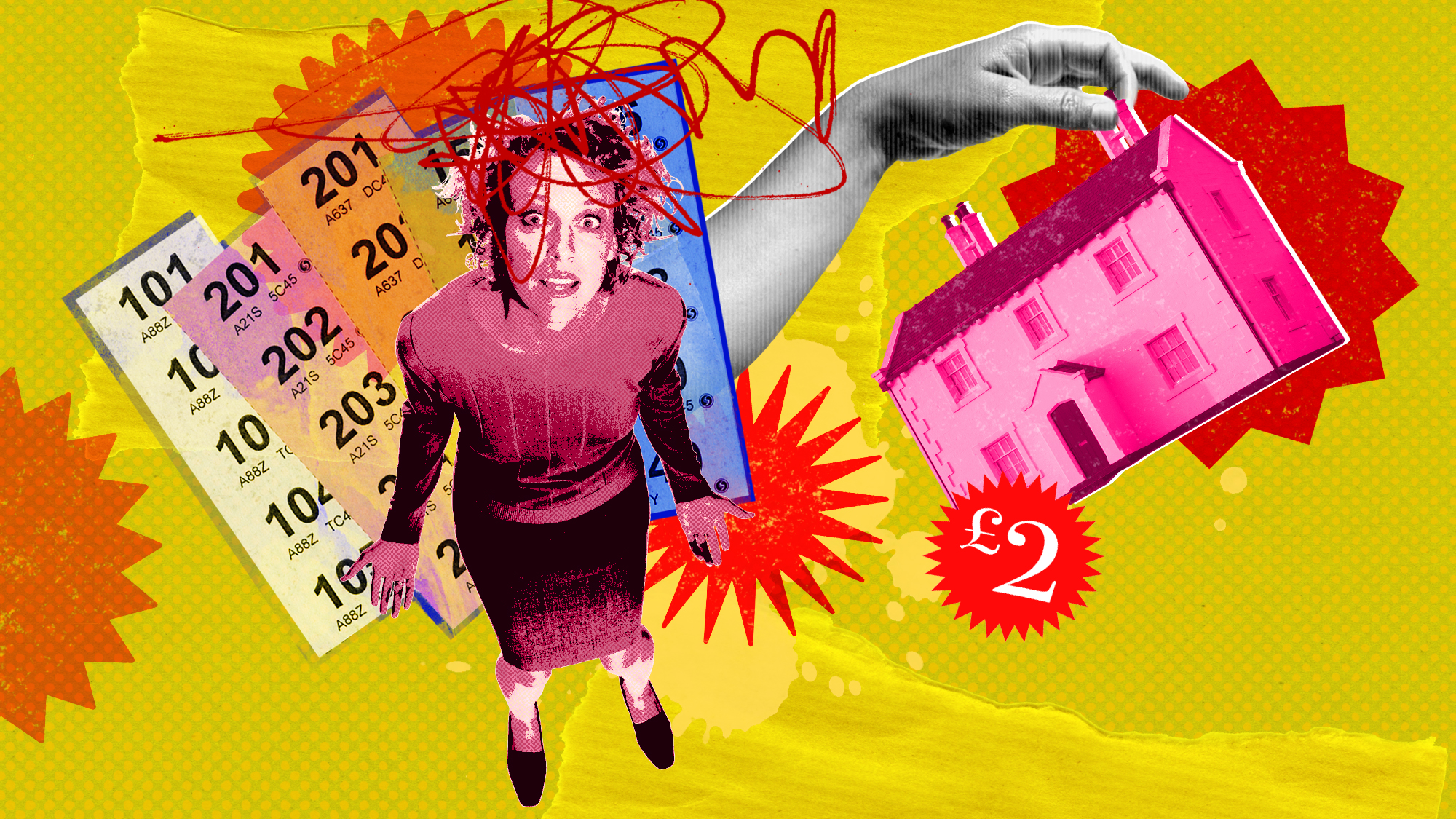 The people who raffle their homes
The people who raffle their homesUnder The Radar Offer the chance to win your house for £2 a ticket? It's simple and can make thousands but it's not stress-free
-
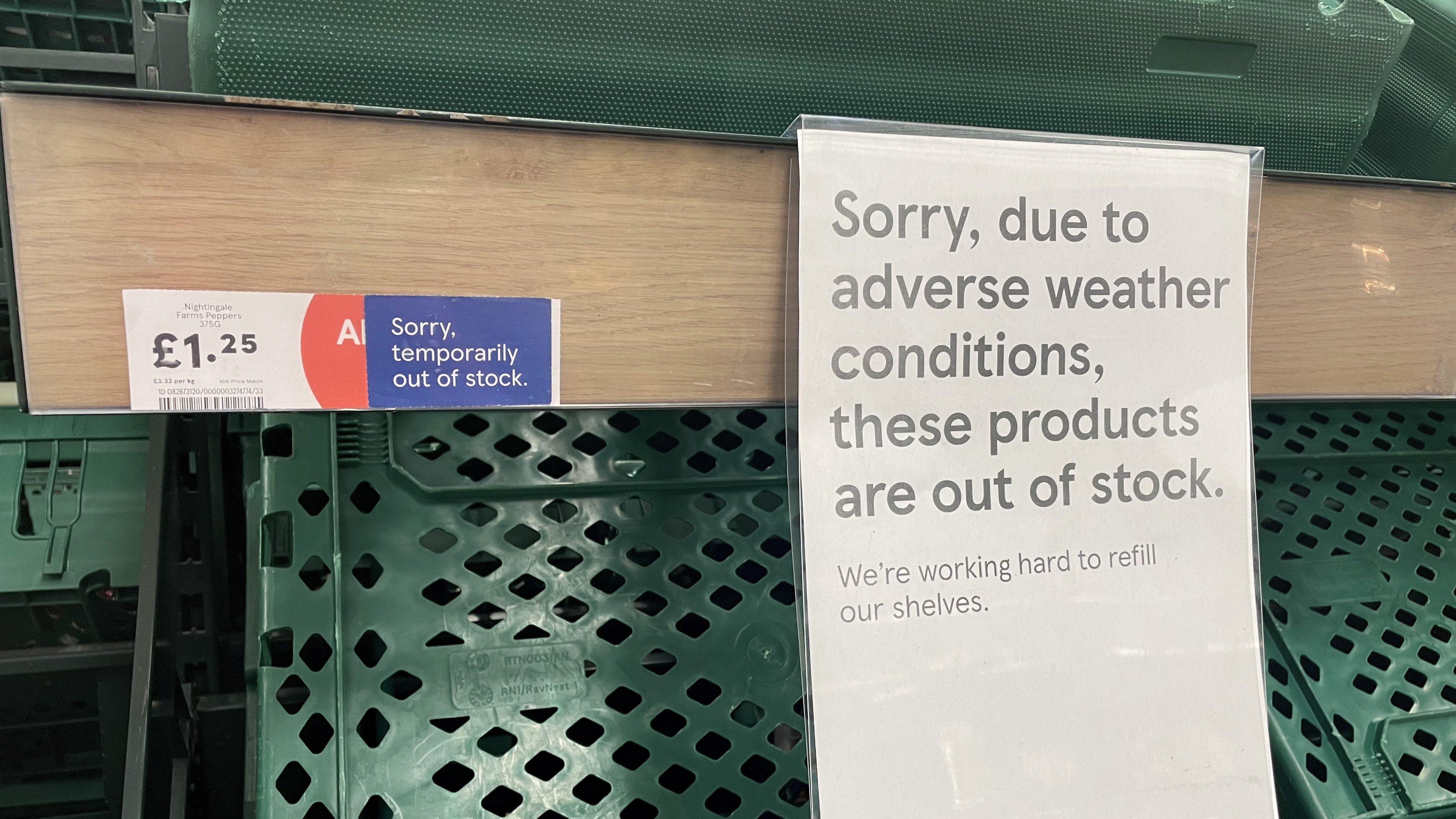 The great British food shortage: what’s causing empty supermarket shelves?
The great British food shortage: what’s causing empty supermarket shelves?feature Unseasonal weather, transport issues and energy prices are leading to rationing of fresh produce in UK stores
-
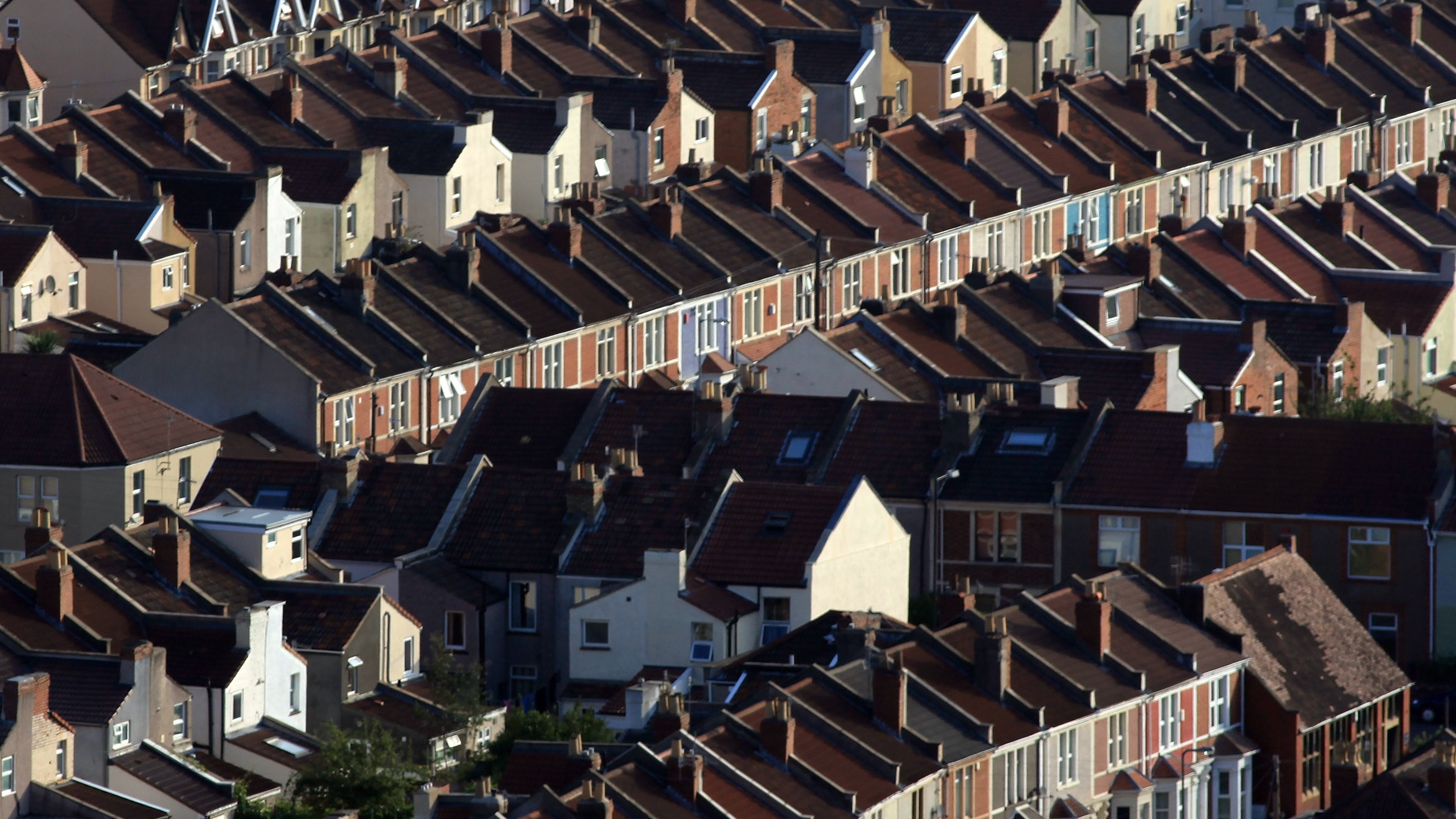 Pros and cons of shared ownership
Pros and cons of shared ownershipPros and Cons Government-backed scheme can help first-time buyers on to the property ladder but has risks
-
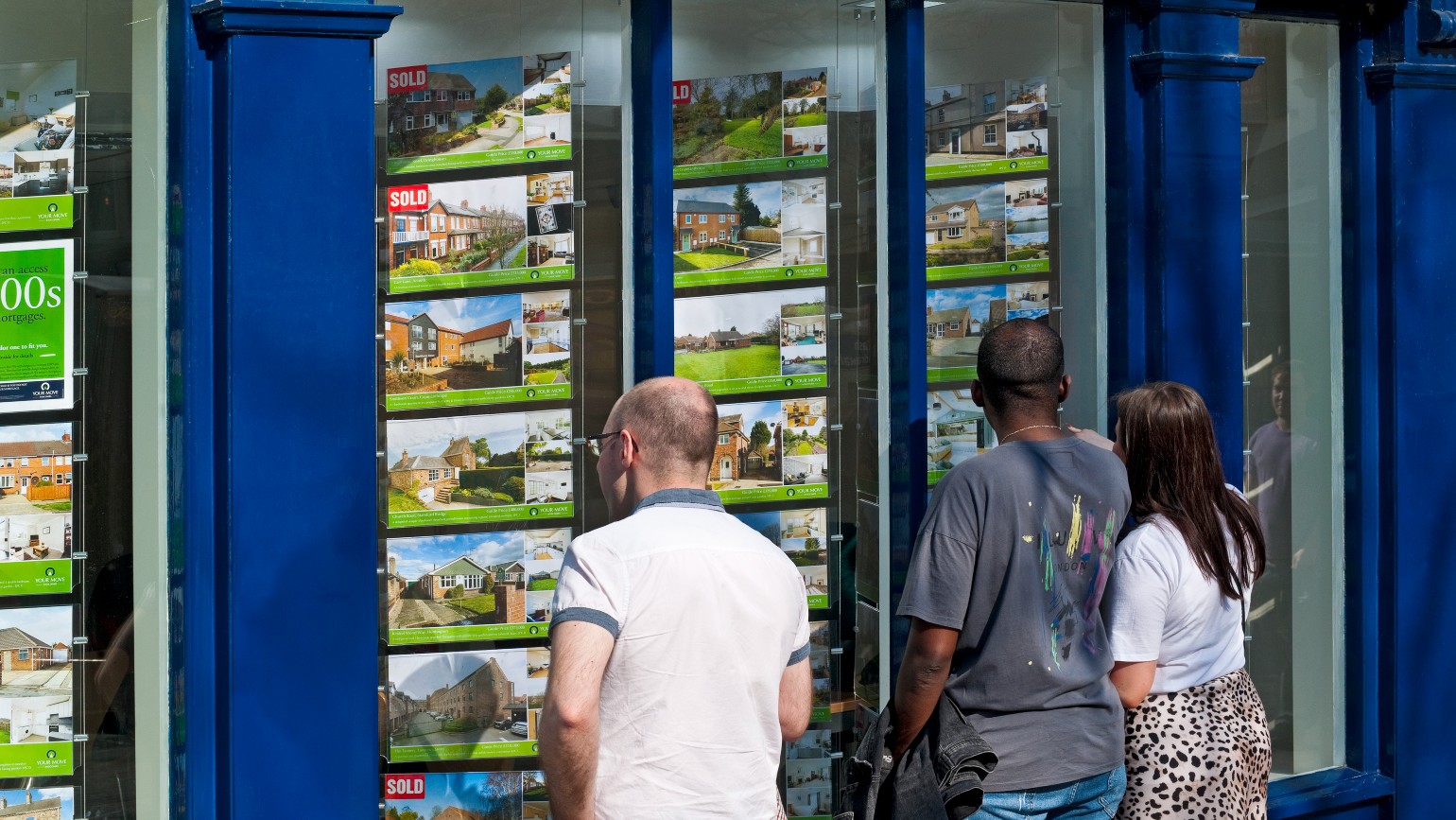 Affordability test scrapped: what ‘huge’ mortgage rule change means for buying a house
Affordability test scrapped: what ‘huge’ mortgage rule change means for buying a houseTalking Point Bank of England cuts red tape on mortgage approval process despite soaring inflation
-
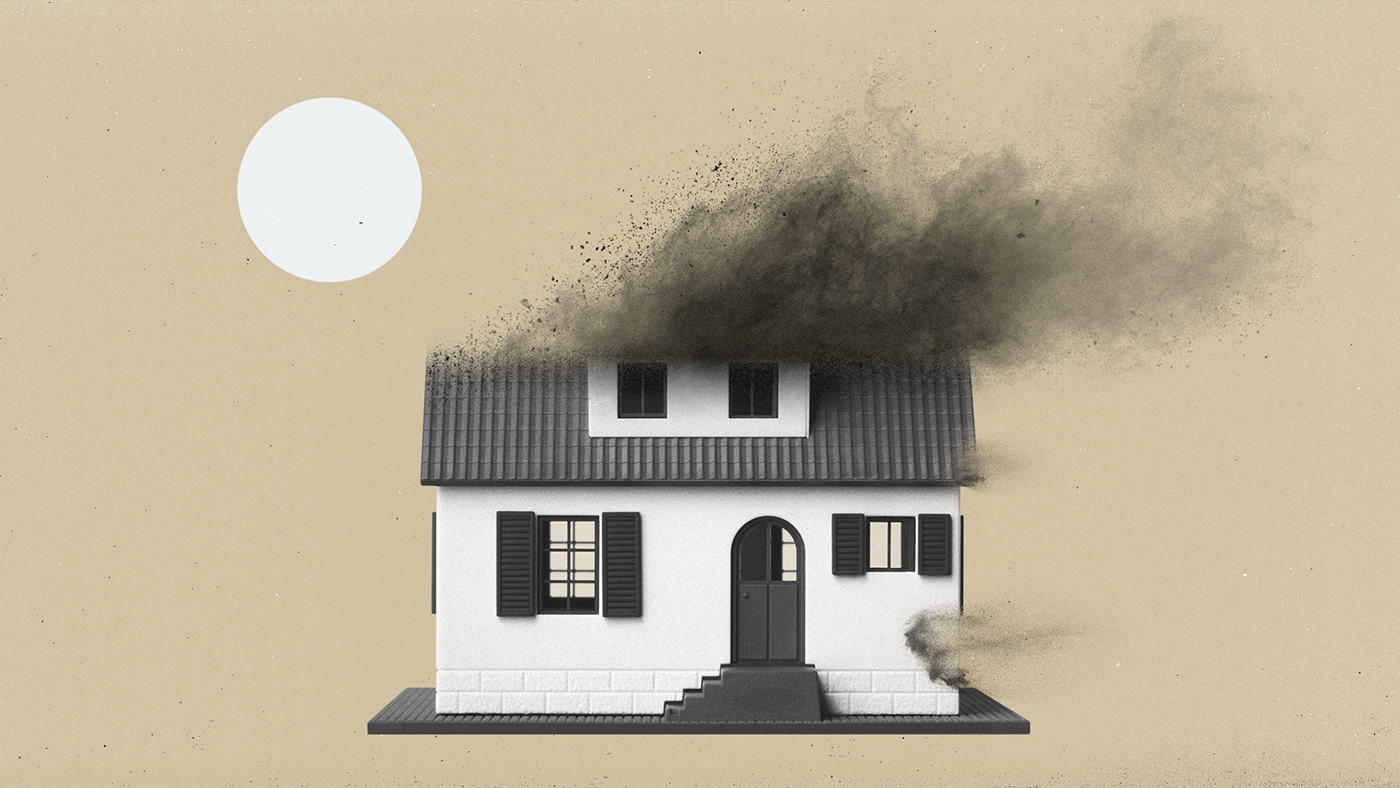 Are UK house prices about to crash?
Are UK house prices about to crash?In Depth Higher property taxes and a new mansion tax announced in the Autumn Budget could weigh on house price growth
-
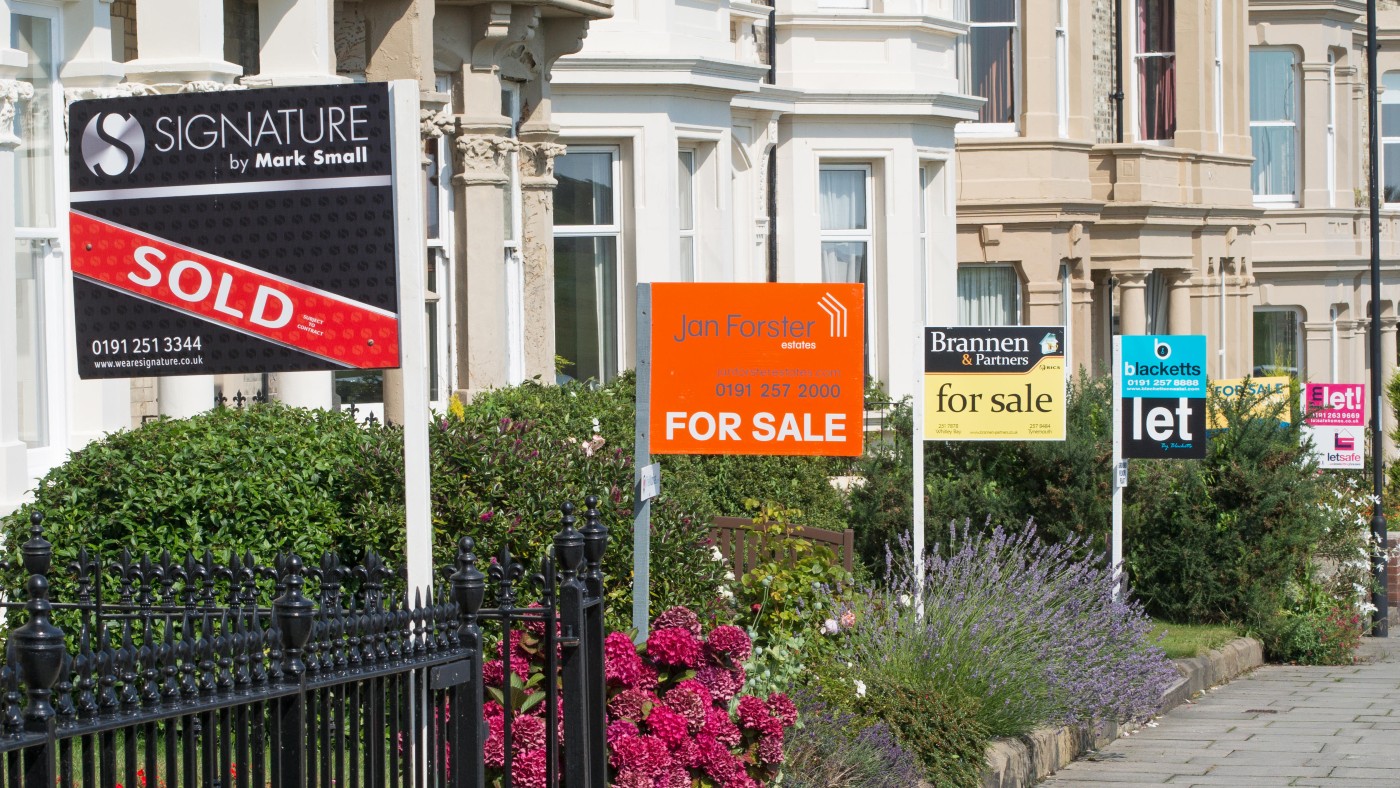 ‘Weakest since 2012’: UK house price average falls to £257,406
‘Weakest since 2012’: UK house price average falls to £257,406In Depth Prices down 1.1% year-on-year in February – the first annual decline since June 2020
-
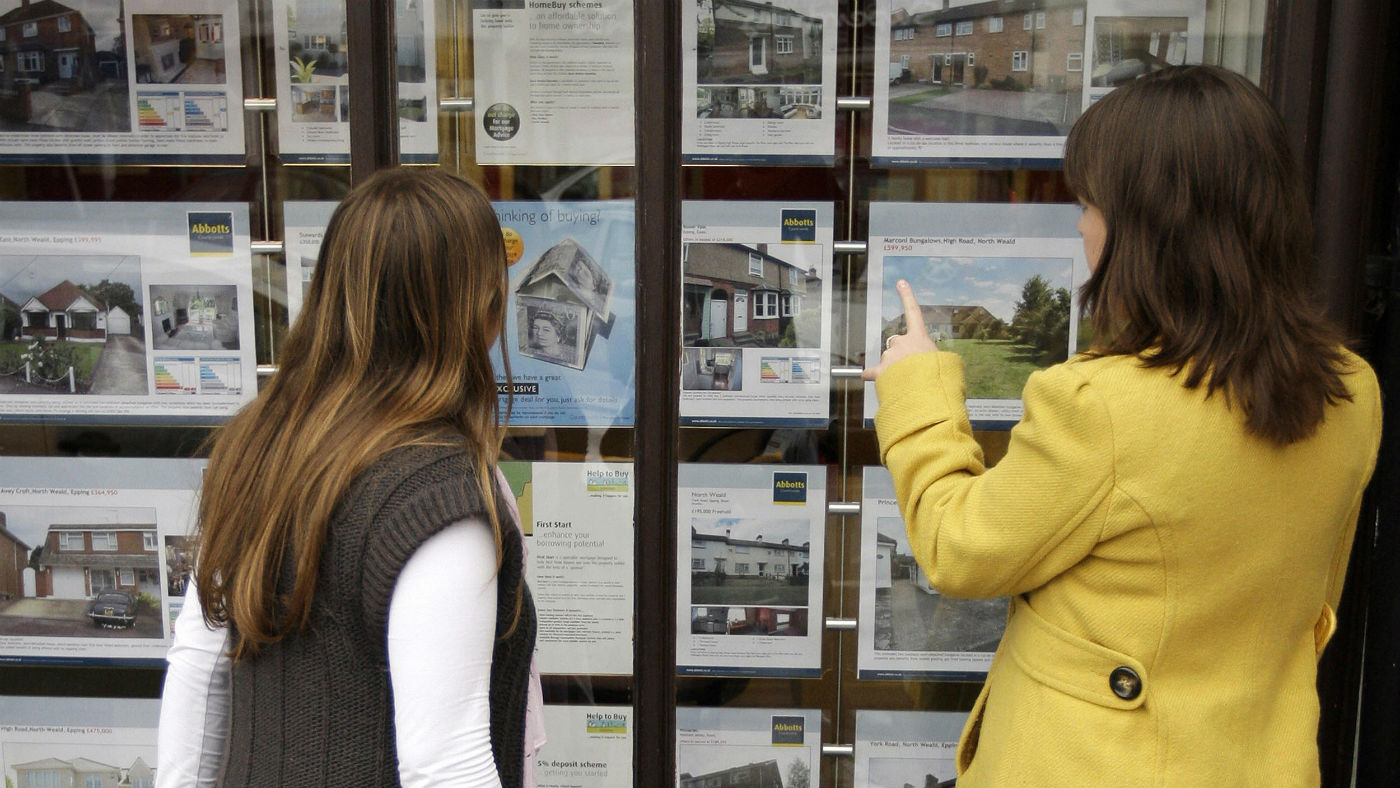 UK house prices in 2022: what the experts think
UK house prices in 2022: what the experts thinkfeature Sellers’ market, what next and mortgage matters
-
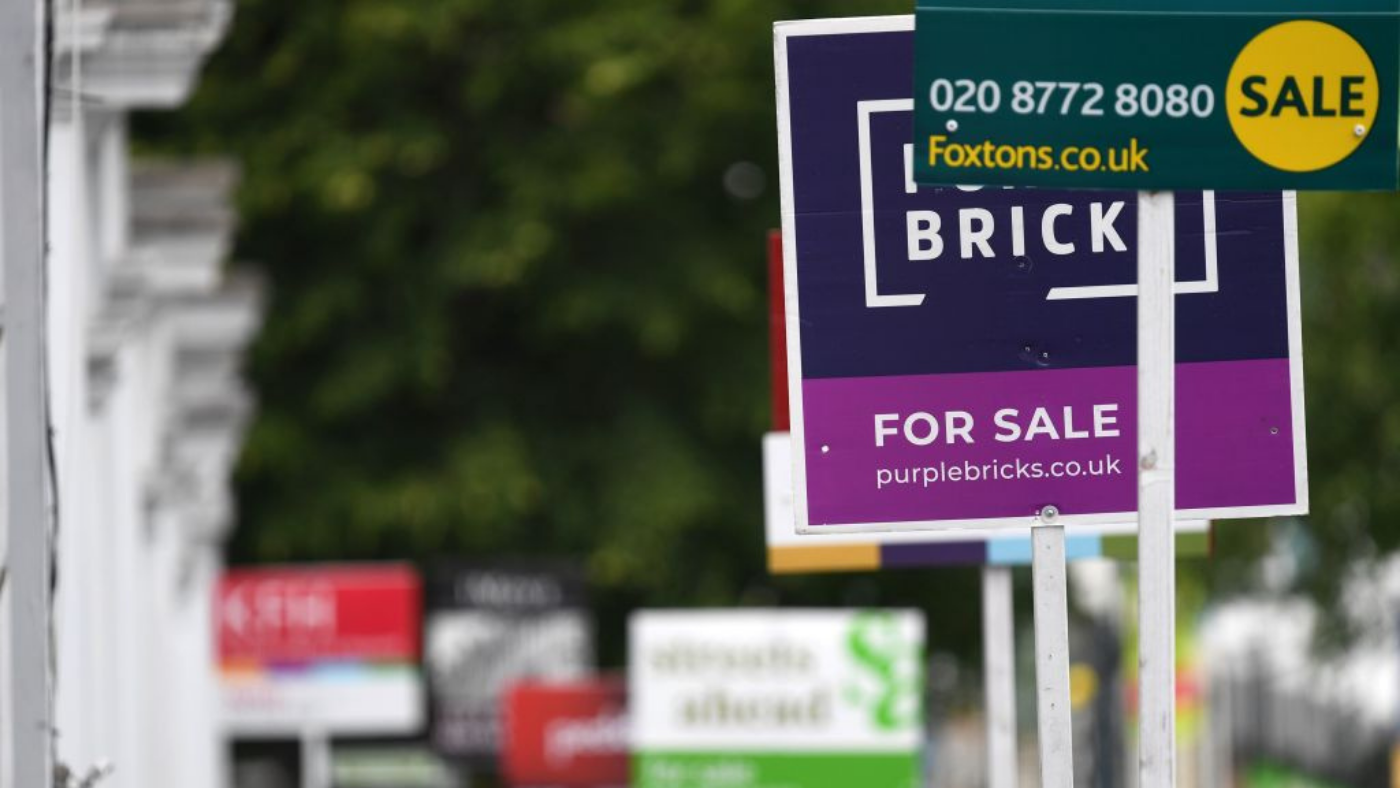 The house price boom in five charts
The house price boom in five chartsfeature Demand continues to outstrip ‘stock-starved’ housing market